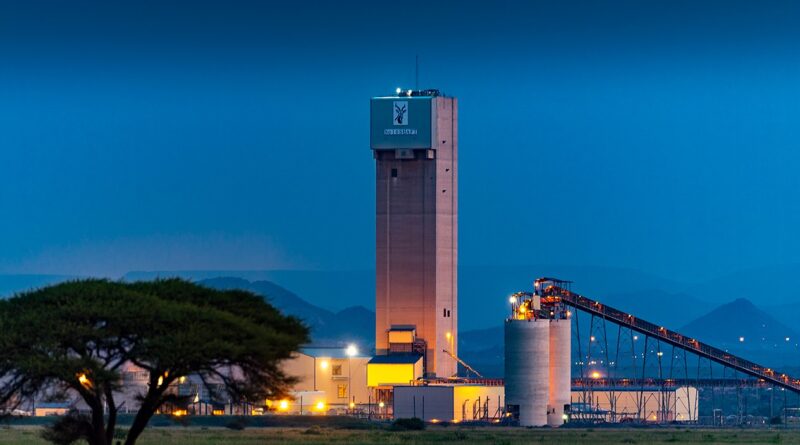Impala Platinum reports on its prospects and outlook
There have been several revisions to forecast PGM supply and demand in 2023. Primary supplies continue to be challenged by the South African operating environment, while processing maintenance will result in lower refined Russian supplies. Forecasts for secondary flows continue to be downgraded as scrap collections fall short of expectations in the face of rising interest rates, increased regulatory scrutiny and still-weak new vehicle sales.
While expectations for auto production and sales have enjoyed modest upgrades, forecasts for net metal demanded by industrial users have been adjusted down to account for the destocking of inventory. Negative revisions to the outlook for Chinese jewellery demand have largely been countered by a stronger-than-expected performance in India, the US and Europe.
Our forecasts indicate fundamental deficits for each of the PGMs in 2023. However, the potential impact and pattern of industrial and auto OEM destocking, particularly in rhodium, and the flow of discounted metal flows from Russia will likely heavily influence physical market tightness, and hence pricing, during the year.
The uncertain macroeconomic environment and the recent material decline in dollar PGM pricing heralded a period of rapid margin compression across the sector, which requires decisive action and focus to preserve business sustainability. Implats remains focused on delivering consistent and safe production, constructively collaborating with key stakeholders and entrenching operational agility and flexibility.
It is imperative that each operation generates positive margins through the cycle. The Group is advancing targeted capital and cost interventions in response to the current market conditions. Implats will sustain investment across projects key to ensuring regulatory compliance and strategic value creation. The commitment is to prioritise shareholder returns, with a dividend policy founded on a minimum allocation of free cash flow generated before growth capital.
The near-term focus at RBPlat is to optimise costs, improve metallurgical performance, complete the Styldrift ramp-up, and plan and implement the medium- and longer-term initiatives to realise the synergies provided by the acquisition.
The downturn in palladium pricing compounded margin compression from structural changes in the operating and cost context faced by Impala Canada, largely due to the aftermath of Covid-19 and the subsequent supply-chain constraints, labour market tightness and hyper-inflationary pressures from rising global utility and consumables pricing.
Teams are working to secure a sustainable value proposition for the asset, underpinned by the volume gains and operating momentum established in FY2023 – specifically targeting mining from higher-grade areas.
Group production in FY2024 will be supported by volume gains from increased milling capacity at Zimplats and Two Rivers, while the improved operational stability established at Impala Rustenburg and Impala Canada bodes well for further efficiency gains.
Concentrate volumes from RBPlat will materially alter the production profile for the Group, while third-party receipts reflect expected volumes from pre-existing contracts at IRS. Refined volumes will be impacted by the planned rebuild of Number 5 furnace, with Group sales in line with refined and saleable production.
Group 6E refined production is expected to be between 3.30 and 3.45 million ounces. Group unit costs are forecast to rise by between 6% and 10% to between R21 000 per ounce and R22 000 per ounce on a stock-adjusted basis. Group capital expenditure is forecast to be between R12.5 billion and R13.5 billion, inclusive of growth capital of between R3.0 billion and R3.5 billion. This guidance assumes exchange rates of R18.25/US$ and C$1.34/US$, respectively.




